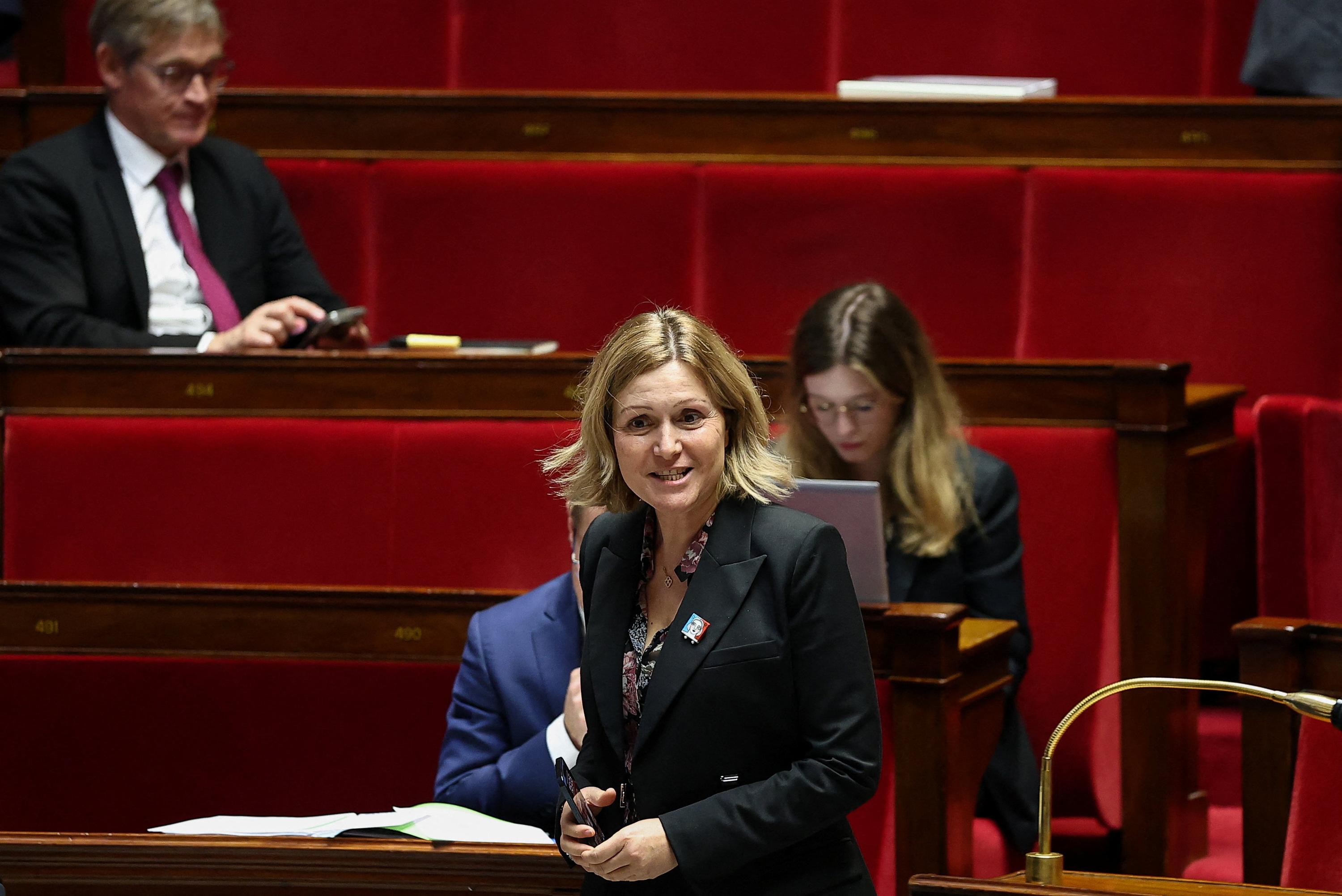Yaël Braun-Pivet Proposes Overhaul of Budget Examination Rules to Foster Parliamentary Compromise
National Assembly President Yaël Braun-Pivet proposes reforms to parliamentary budget procedures to enhance legislative efficiency and foster compromise amid ongoing voting challenges.
- • Braun-Pivet calls for fundamental revision of budget examination rules to promote compromise.
- • She proposes a ‘programmed legislative time’ to limit debate hours despite unlimited amendments.
- • Suggests thematic sequencing of budget discussion to improve focus beyond just revenue and expenses.
- • Advocates strengthening parliamentary commissions’ role to reflect committee work in debated texts.
Key details
Yaël Braun-Pivet, President of the National Assembly, has called for a fundamental reform of the rules governing budget examination in the legislature to enhance efficiency and cultivate a culture of compromise, as reported by both Le Figaro and Le Monde on November 20, 2025. Braun-Pivet voiced concern over procedural constraints, including the constitutional deadlines that conflict with the growing number of amendments, which ultimately prevent the Assembly from voting on budget legislation in a timely manner.
Highlighting increased participation and longer debate hours in recent sessions, she nonetheless noted that the budget for Social Security was recently forwarded to the Senate without a comprehensive vote, and the State budget faces similar risks due to time limitations. To address these challenges, Braun-Pivet advocates implementing a “programmed legislative time” system that would set a fixed number of debating hours while allowing unlimited amendments, aiming to balance thorough review with procedural efficiency.
She also proposed thematic sequencing of budget discussions to move away from the conventional focus on revenue before expenses, thereby avoiding the impression that Parliament only debates taxes. Furthermore, Braun-Pivet emphasized strengthening the role of parliamentary commissions so that the text debated in the chamber better reflects committee work rather than the initial government draft.
Recognizing that some of these reforms could require broader political agreement or constitutional amendments, Braun-Pivet intends to discuss these proposals with Senate President Gérard Larcher and President Emmanuel Macron. Her approach underscores a commitment to parliamentary engagement, aligning with Prime Minister Sébastien Lecornu's commitment to avoid Article 49.3 of the Constitution, which bypasses votes.
Braun-Pivet concluded that this budget cycle should be the last conducted under the current constraints, urging modifications to legislative practices to better reconcile procedural rules with democratic deliberation.
This article was translated and synthesized from French sources, providing English-speaking readers with local perspectives.
Source articles (2)
Source comparison
Latest news
PSG’s Achraf Hakimi Sent to Trial Over 2023 Rape Allegations
Study Reveals Severe Financial and Housing Hardships Among French Students
Political Shifts and Calls for Reason Mark the Lead-up to 2026 French Municipal Elections
Seminar Evaluates Economic and Legal Impact of Ruptures Conventionnelles on French Employment
Exceptional Flooding in Early 2026 Paralyzes Key Sectors of the French Economy
Shein Expands Retail Presence in Five French Provincial Cities Ahead of 2026 Municipal Elections
The top news stories in France
Delivered straight to your inbox each morning.


